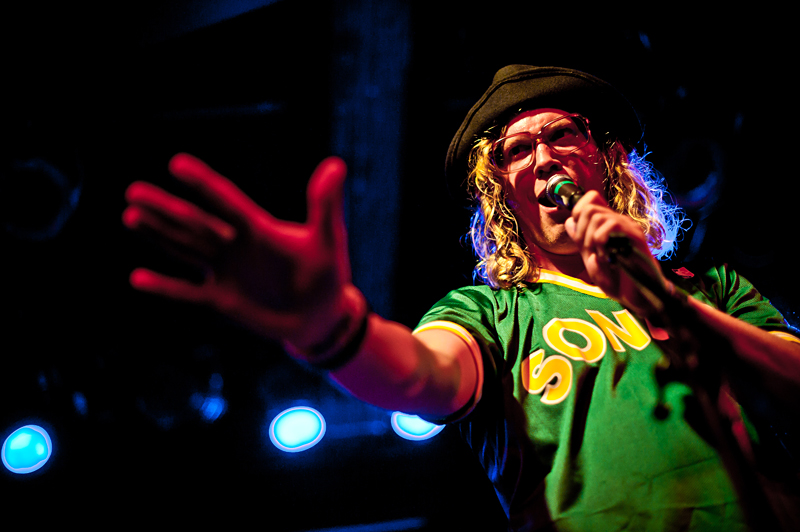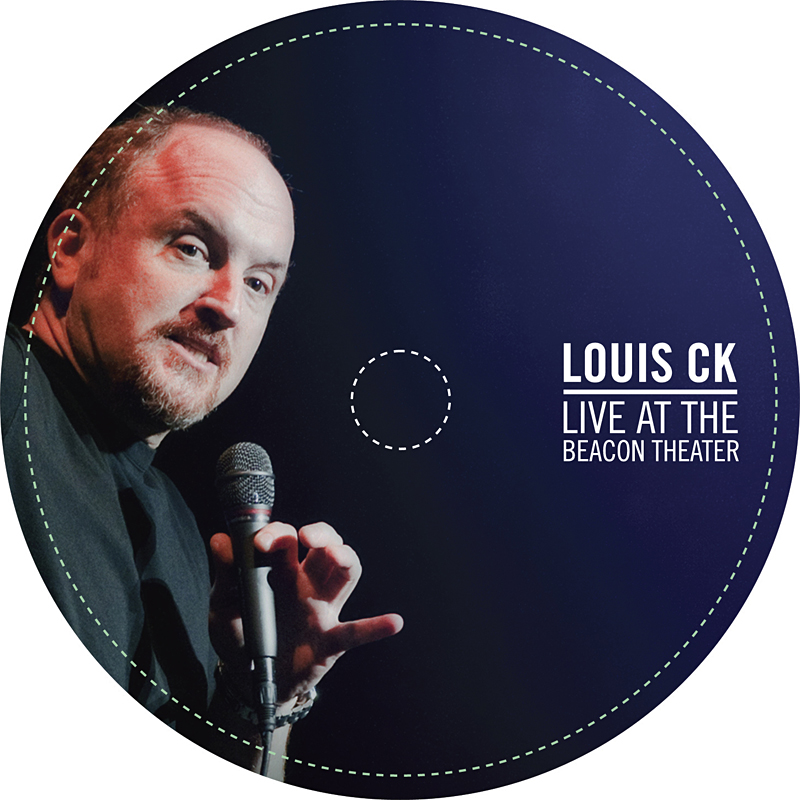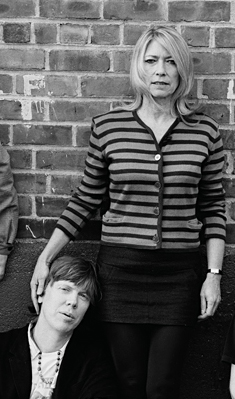Scott Colburn is sensitive to sound. In the overdub room of the studio he built in his basement, he claps his hands as a demonstration.
“See, that sound took about two seconds to die out,” he says.
We step into his control room. Clap clap.
“That dies away almost instantly, like half a second.”
He goes upstairs, into the main tracking room where the bands perform, and claps his hands again. It takes a full two seconds for the sound to die out after reverberating through the room, bouncing off the top of its 17-foot ceilings.
Colburn’s Ballard studio, Gravel Voice, which was originally built in 1908 as a community church, has not only high ceilings but also a big central fireplace, antique couches, leafy houseplants, and stacks upon stacks of CDs, records, David Lynch DVDs, and Henry Miller books, all awash in natural light from the tall windows. It is also Colburn’s home, not to mention the recording venue for albums by the Animal Collective, Feral Children, Mudhoney, and, most recently, Hypatia Lake. (Although it wasn’t recorded in this particular studio, Colburn’s most high-profile production work to date was the Arcade Fire’s Neon Bible.)
The producer is tall and slim, with a bush of gray hair on top of his head. Originally from Columbus, Ind., which he describes as “a strange place” and “totally devoid of culture,” Colburn came to Seattle by way of Los Angeles. He never liked L.A., he says, and remembers feeling as though he made a huge mistake upon moving there. But the experience was at least beneficial due to the city’s proximity to Phoenix, where Colburn often traveled to see the Sun City Girls. After he became buddies with the wildly creative bunch, SCG co-founder Alan Bishop invited Colburn to go on tour. His chemistry with the group was so good that SCG asked him to move to Seattle with them in 1993.
“My first reaction was, ‘Where’s Seattle?'” he laughs. “I asked a guy I knew what it was like, and he said, ‘Well, it’s totally depressing and it rains all year long.’ I said, ‘Great!’ I’m not a sun worshipper. I like seasons. In L.A., it was August all year long.”
Since then, mostly by word-of-mouth, Colburn has carved out a niche as one of Seattle’s most versatile producers. He’s produced about 300 albums (30 of which are SCG projects) and has handled several master recordings, tape transfers, and sound design for films. He’s also performed in bands (SCG, Climax Golden Twins, Wizard Prison) and become KEXP’s live audio engineer for nearly every in-studio performance they host.
“My niche is capturing the energy of a band,” he says. “When you listen to a CD that’s really produced, you might go see the band and they don’t sound like they did on record. Or it might be the other way around; you see a band live and you like the show, so you buy the CD afterward, but you’re like, ‘Hmm, this doesn’t really sound like the band.'”
“We would run through a couple of takes and that’d be it,” says Joshua Gamble of his band Feral Children’s experience with Colburn. “He wouldn’t let us obsess over perfection and beat a song to death. When you’re live, you only have that one take, and even though it may not be what you thought you wanted, nine times out of 10 it turns out that it was best for the song.”
If performances happen to go well in Colburn’s studio, he has the layout of the place to partially thank. The fact that the tracking room is upstairs while his control room is downstairs often means the bands loosen up; there is no foreboding presence watching them while they play.
“We really felt natural and comfortable without an intimidating booth right in front of us,” says Gamble. “So there wasn’t a lot of pressure coming from staring eyes and whatnot. But maybe he separates the recording space from his mixing booth so the bands can’t see what he’s up to. He does have that sort of mad scientist thing about him.”








